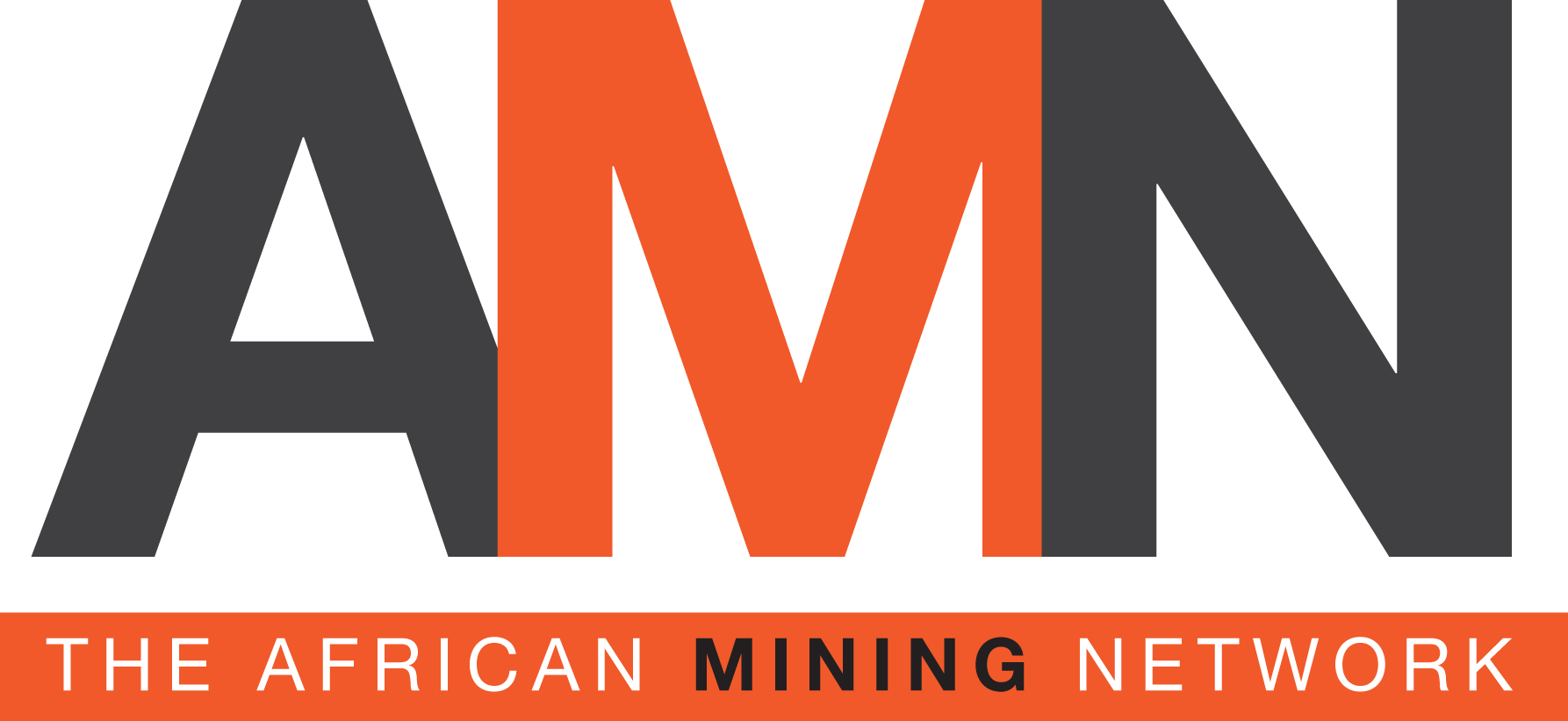- Yolanda Torrisi
- +61 412 261 870
- yolanda@yolandatorrisi.com
- Nina van Wyk
- +27 82 926 3882
- nina@africanminingnetwork.com
Eritrea is one of Africa’s poorest countries and mining is seen as a way to kick-start the economy. With four mines expected to come in operation by 2018 the goals are not impossible, if managed correctly.
Artisanal mining has long been undertaken in this country which sits on the Arabian Nubian Shield stretching along the Red Sea. Eritrea is on the Horn of Africa. It has a population of 3.6 million and most of its foreign income is received from workers overseas who remit back to their families.
Eritrea is attracting investment interest, most recently from a Chinese company which has set up a joint venture and will be in commercial production this year producing gold.
Eritrea’s Mines Department director-general Alem Kibreab says that another mine is scheduled for staged production, producing gold, copper and zinc, by the end of next year. By 2018, it is expected four mines will be operational in Eritrea.
Alem Kibreab is keen for the global investment community to see his country as investor-friendly.
Investors have been wary of investing in Eritrea, caused by the border war with Ethiopia fought between 1998 and 2000, soon after independence. Growth was estimated to be 2.1% last year, marginally up from the previous year of 2%.
The Eritrean mining code gives the government an immediate 10% free carry and the right to buy 30% more of any project.
The Bisha Mine is the only mine in Eritrea in production. It is jointly owned by Nevsun Resources of Canada and ENAMCO, the Eritrean mining company. It began production in 2011 originally mining gold but is now producing copper and soon zinc.
The mine’s resources and reserves have been estimated to 2025 but more promising exploration shows this could be extended to give the mine a longer life. It is believed that Nevsun has paid $800 million to the Eritrean government in its first five years of production through taxes, royalties and its return on investment.
While Eritrea’s ambitions are high, it needs to ensure that companies wanting to raise the capital to develop their projects are given a good environment to work within as lower metal prices are impacting on the ability of companies to raise development funds.
Danakali, an Australian explorer with a project in Eritrea, is confident of the country’s investment potential and mining future. Danakili’s non-executive chairman Seamus Cornelius was recently reported saying: "Great deposits get mined and this is a great deposit.”
- Yolanda Torrisi is Chairperson of The African Mining Network and comments on African mining issues and the growing global interest in the African continent. Contact:yolanda@yolandatorrisi.com

